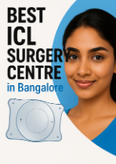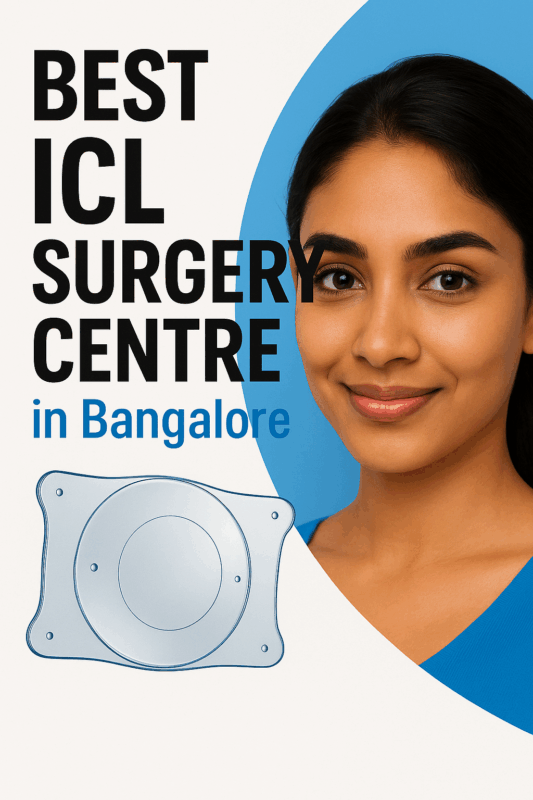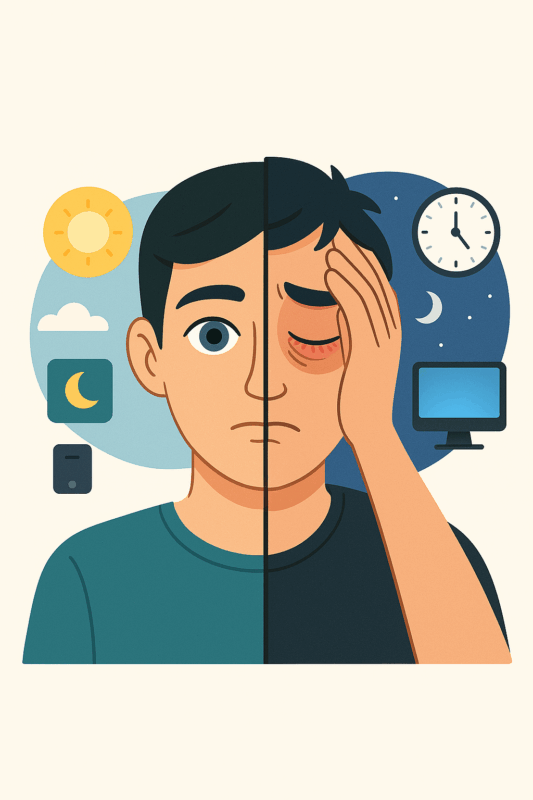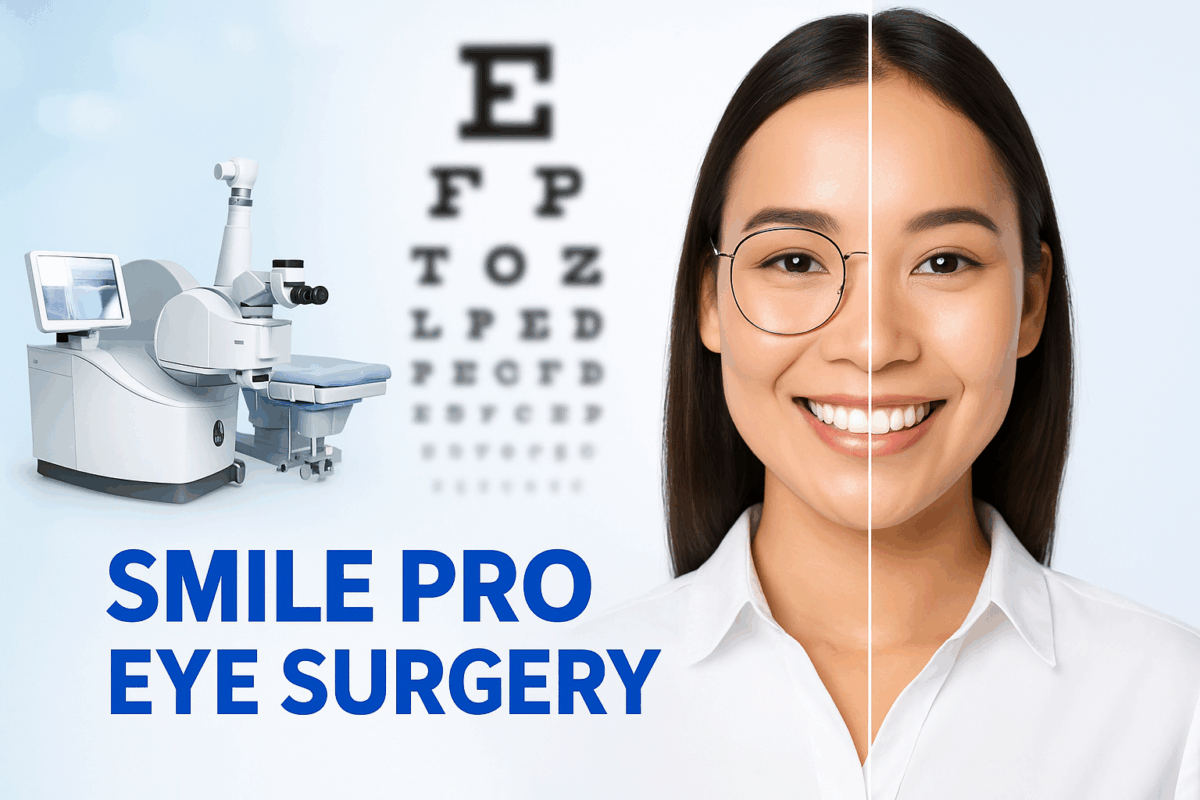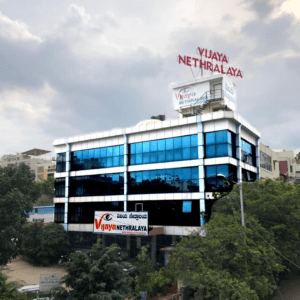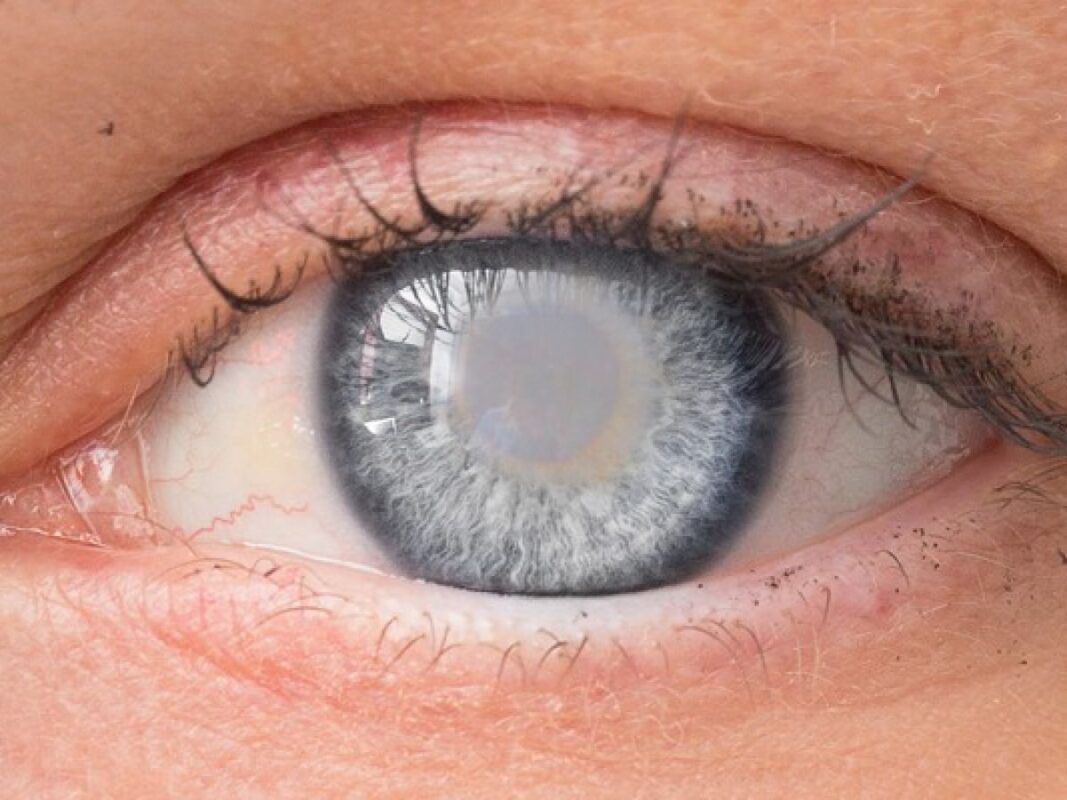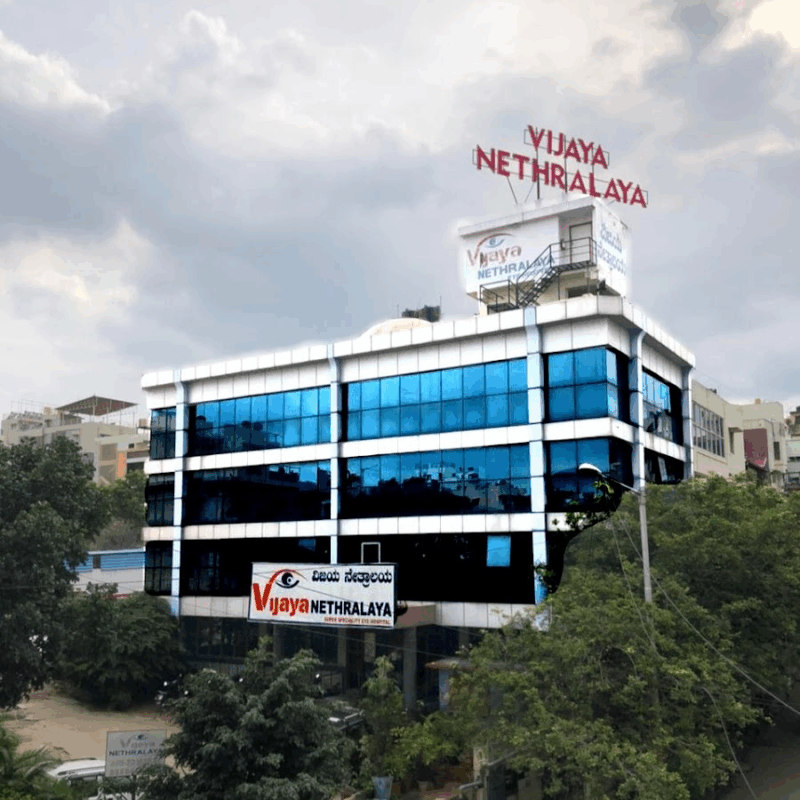So you’ve been told you need cataract surgery—or maybe you’re just tired of blurry vision and wondering if a cataract is to blame. Either way, you’re likely typing “cataract surgeon near me” into Google and hoping for the best. Good news: You’re in the right place.
Let’s walk you through everything you need to know to find the right cataract surgeon—near you, with the right credentials, and the right touch.
What is a cataract?
How Cataracts Affect Your Vision
Living with a cataract is like trying to see the world through a misted glass—everything appears blurry, dull, and out of focus. A cataract is a clouding of the eye’s natural lens, which leads to a gradual decline in vision. It can affect one or both eyes and usually comes with age.
Symptoms of Cataracts
- Blurry or cloudy vision
- Difficulty seeing at night
- Sensitivity to light
- Seeing “halos” around lights
- Frequent changes in glasses prescription
If this sounds like you or someone you know, a visit to a cataract surgeon should be high on your list.

When Should You See a Cataract Surgeon?
Early Signs That You Need Surgery
If your daily activities—like driving, reading, or watching TV—are becoming tough, it’s time to consult a specialist. You don’t need to wait until you’re completely blind to get help.
Importance of Timely Treatment
Cataracts don’t go away on their own, and the longer you wait, the more your vision deteriorates. Early intervention makes the surgery smoother and recovery faster.
Qualities of a Good Cataract Surgeon
Qualifications and Experience
When considering cataract surgery, seek out board-certified ophthalmologists who have specialized training and experience in performing these procedures. Experience counts—so the more procedures they’ve done, the better.
Technology and Equipment Used
Top surgeons use the latest equipment, like femtosecond lasers and premium intraocular lenses (IOLs). Make sure your surgeon is up-to-date with modern techniques.
Patient Reviews and Testimonials
Online reviews can be gold. Look for consistent praise about bedside manner, outcomes, and post-op care.
If you’re searching for a cataract surgeon near me, look no further than Dr. Apaji Gowda, a trusted name in advanced eye care. With 40 years of experience and a commitment to precision, Dr. Gowda offers expert diagnosis, personalized treatment plans, and the latest cataract surgery techniques to help restore your clear vision. Patients from all around trust his compassionate approach and outstanding surgical outcomes.

How to Search for a Cataract Surgeon Near You
Using Google and Online Maps
A simple search like “cataract surgeon near me” will pull up a list of clinics with reviews, photos, and directions. Google Maps even shows you how far they are.
Checking Hospital Websites and Directories
Reputable hospitals list their specialists and often feature patient testimonials. You can also browse platforms like Practo, Zocdoc, or Healthgrades.
Asking for Referrals from Friends and Family
Sometimes the best recommendations come from someone you trust who’s been through the same thing.
What to Expect During Your First Consultation
Diagnostic Tests and Eye Evaluation
The surgeon will do a full eye check-up, including visual acuity tests, slit lamp examination, and maybe even optical coherence tomography (OCT).
Discussion of Surgery Options
They’ll explain the different techniques and lenses available—and recommend the best fit for your lifestyle.
Types of Cataract Surgery
Phacoemulsification
The most common method. It uses ultrasound waves to break the cloudy lens, which is then removed and replaced with a clear artificial lens.
Femtosecond Laser-Assisted Cataract Surgery (FLACS)
A high-tech, bladeless method that offers greater precision. It’s often recommended for complex cases or premium lens implantation.
Cost of Cataract Surgery
Factors Affecting the Cost
- Type of lens chosen (basic or premium)
- Technology used (standard vs. laser-assisted)
- Surgeon’s experience
- Hospital location
Insurance and Financing Options
Most insurance plans cover basic cataract surgery. For premium lenses or laser techniques, some out-of-pocket costs may apply—but many clinics offer EMI options.
Preparing for Cataract Surgery
Pre-Surgery Instructions
You might need to stop certain medications, use antibiotic eye drops, and fast for a few hours before the procedure.
What to Bring on the Day of Surgery
- ID proof and insurance documents
- Sunglasses
- Someone to drive you home
Recovery After Cataract Surgery
Post-Surgery Care
- Use prescribed eye drops
- Avoid rubbing your eyes
- Don’t lift heavy objects
- Wear sunglasses when outdoors
Follow-Up Appointments
Your surgeon will schedule a few visits to monitor healing and make sure everything’s on track.
Common Myths About Cataract Surgery
- Myth: It’s painful.
Truth: Cataract surgery is typically performed under local anesthesia and is virtually painless for most patients. - Myth: You need to wait until it’s “ripe.”
Truth: Modern cataract surgery can be done early for better outcomes. - Myth: It takes weeks to recover.
Truth: Most people resume normal activities in just a few days.
Choosing Between Local Clinics and Eye Hospitals
Hospitals offer comprehensive care, but small specialized clinics often provide a more personalized experience. If a top-rated clinic is nearby, don’t overlook it just because it’s not a big hospital.
Questions to Ask Your Cataract Surgeon
Q1: What type of lenses do you offer?
👉 We offer premium lenses like monofocal, multifocal, trifocal, and toric lenses depending on your eye condition and lifestyle needs.
Q2: Do you use laser-assisted techniques?
👉 Yes! We use advanced laser-assisted technology for more precise, bladeless, and safer surgeries.
Q3: What’s the total cost, and what’s included?
👉 The cost varies based on the procedure and lens type. It includes pre-surgery evaluation, surgery, lens cost, and post-surgery checkups. EMI options are also available!
Q4: What’s the recovery timeline?
👉 Most patients see clear vision within 1–3 days. Full recovery usually takes about 2–4 weeks.
Q5: Can I see before-and-after results from other patients?
👉 Absolutely! We can show you real patient testimonials, photos, and success stories during your consultation.
Red Flags to Avoid When Choosing a Surgeon
- No online presence or reviews
- Pushy about premium lenses
- Vague about cost breakdown
- Poor hygiene or disorganized clinic
- Lack of clear communication
Benefits of Finding a Nearby Cataract Surgeon
Convenience matters, especially when you have multiple visits for consultations and follow-ups. A nearby surgeon also means faster help if you experience any post-op issues.
Conclusion:
Searching for a “cataract surgeon near me” doesn’t have to feel overwhelming. Focus on experience, patient reviews, and your comfort level with the doctor. Whether it’s a well-reviewed local clinic or a reputable hospital, the key is to act early and choose wisely.
Crystal-clear vision is just one decision away—go for it.
FAQs:
1. How long does cataract surgery take?
Typically, cataract surgery takes about 15 to 30 minutes per eye and is performed as an outpatient procedure, allowing patients to return home the same day.
2. Is cataract surgery safe for older people?
Absolutely. In fact, it’s one of the most commonly performed and safest surgeries for older patients.
3. Can I get both eyes operated on the same day?
Usually, no. Doctors often recommend doing one eye first and the second a few weeks later.
4. Will I still need glasses after surgery?
Depends on the lens you choose. Premium lenses can reduce or eliminate your need for glasses.
5. Is cataract surgery covered by insurance?
Basic surgery is usually covered. Premium lenses and laser options may cost extra.



